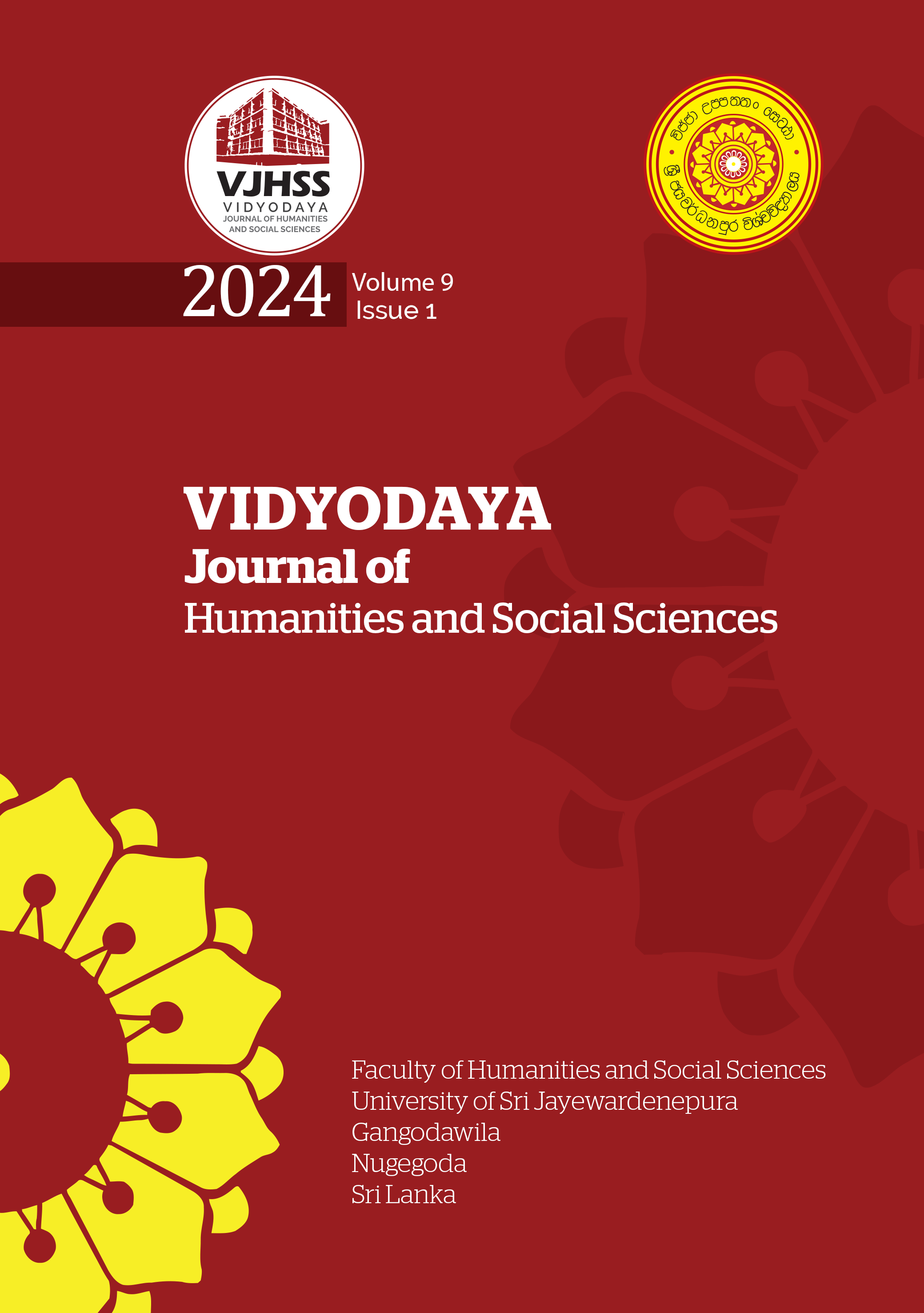Solid Waste Challenges and Management in a Traditional Sahelian City: A Case Study of Sokoto, Nigeria
Abstract
This study assessed the solid waste generation, management, and consequences in the traditional city of Sokoto. The utmost challenges facing this Sahel region include scarcity of modernized and control measures of waste resulting from daily hectic impacts on the community. In this city, solid waste is characterized by inefficient control, insufficient coverage of collection system and improper disposal methods. The increasing population of residents has accelerated more pollution of all categories, and the consequence is a dearth of hygienic standards. This work further sampled different materials from heaps of waste such as; the level of sub-soils at 0-30 cm (at random) from each of the dump sites to determine the extent of heavy metal concentrations and for fertility supplement in comparison with the National Environmental Standards and Regulations Enforcement Agency (NESREA). Fifty structural questionnaires were administered randomly to selected residents around dumping sites and the staff of Sokoto Waste Management &Planning Board to solicit relevant information that can assist the governments, stakeholders, and waste control agencies. Also, Landsat data was utilized to map out the waste sites for spatio-temporal analysis. Results indicated that 89% of respondents agreed that Sokoto metropolis is characterized by untidiness with masquerades of biodegradable wastes, while major streets especially in the congested areas which displayed a lot of drains and channels remain blocked.



